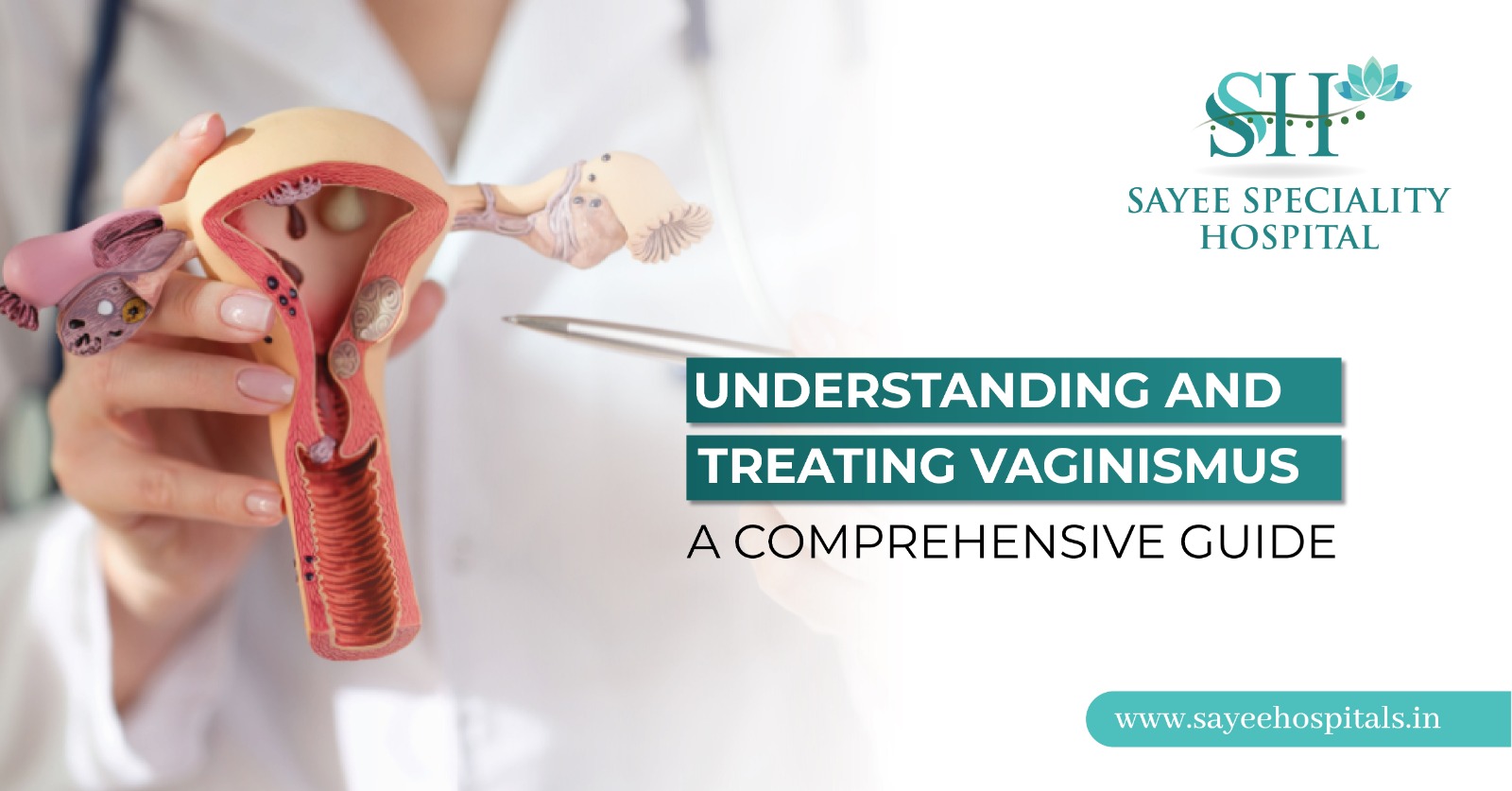Vaginismus is a condition that involves involuntary contractions of the vaginal muscles, making penetration—whether during intercourse, tampon use, or gynecological exams—painful or even impossible. This condition can significantly affect intimate experiences in daily life.
Types and Symptoms of Vaginismus
Vaginismus comes in two primary forms:
• Primary Vaginismus: Present from the onset of sexual activity, causing pain or difficulty with penetration from the first attempt.
• Secondary Vaginismus: Develops later in life, often after a period of pain-free penetration, triggered by physical or emotional factors.
Common symptoms include:
• Pain or a burning sensation during penetration attempts.
• A feeling of tightness or a physical barrier in the vagina.
• Intense fear or anxiety about penetration.
• Difficulty or inability to insert tampons.
• Pain during pelvic examination.
• Involuntary tensing of thigh, abdominal, or buttock muscles.
Causes of Vaginismus
Vaginismus is multifaceted, with causes ranging from psychological to physical:
• Psychological Factors: History of sexual trauma, anxiety, or negative beliefs about sex.
• Physical Factors: Infections, hormonal imbalances, or complications from childbirth.
• Experiential Factors: Traumatic early sexual experiences or strict cultural beliefs.
Treatment Options for Vaginismus
Vaginismus is treatable with various therapeutic approaches:
• Pelvic Floor Physical Therapy: Focuses on relaxing and controlling the pelvic muscles through exercises, manual therapy, and biofeedback.
• Vaginal Dilators: Gradual insertion of cylindrical devices to help desensitize the body and make penetration more comfortable.
• Cognitive Behavioral Therapy (CBT): Aims to change negative thought patterns and anxieties related to penetration, often including education and relaxation techniques.
• Mindfulness and Relaxation Techniques: Practices like deep breathing and meditation to reduce anxiety and muscle tension.
• Topical Anesthetics: Numbing agents applied to the vaginal area to manage pain and break the pain-fear cycle.
Vaginismus is a challenging condition, but with the right treatment and support, many women can overcome it and reclaim their sexual health and well-being. Understanding the condition and seeking appropriate medical intervention is key to recovery
